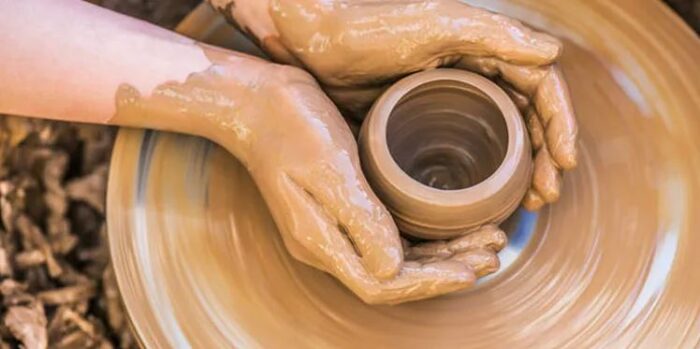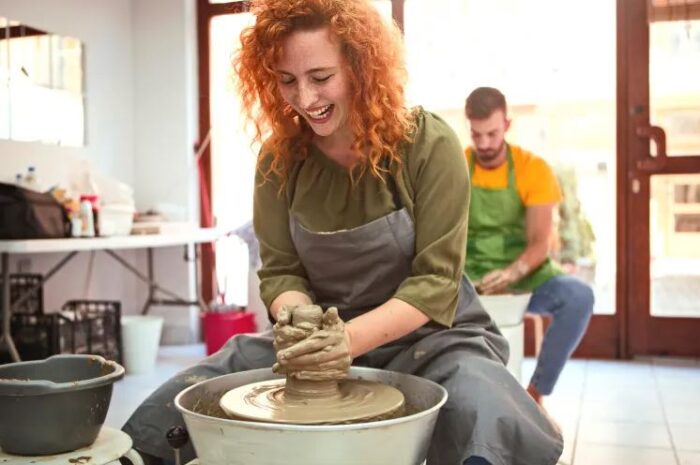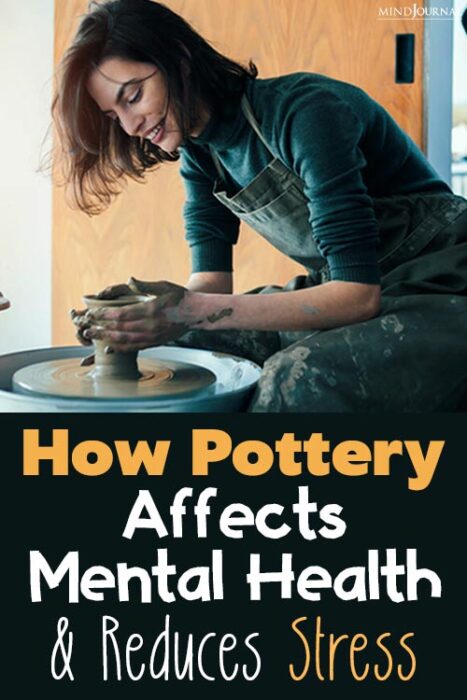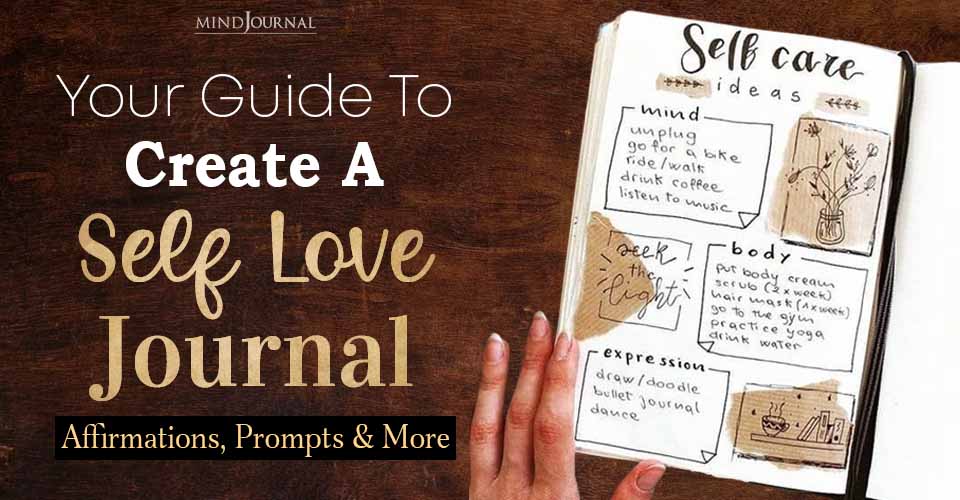“The Surprising Connection Between Pottery and Mental Health”
Do you feel like your mental health could use a little boost these days? If so, you may want to consider taking up pottery. That’s right – the humble act of working with clay can have a remarkable impact on your overall well-being. Let’s explore how pottery affects mental health.
Pottery is so much more than just a fun hobby or a way to make pretty home decor. The therapeutic benefits of pottery run deep, nourishing both the mind and the soul.
Today, I’ll break down exactly how pottery can improve your mental health, from promoting mindfulness to reducing stress. By the end, you may just be inspired to get your hands dirty and discover the mental health magic of pottery for yourself.
How Pottery Affects Mental Health: The Therapeutic Benefits of Pottery

First and foremost, the process of working with clay can be incredibly therapeutic. How pottery affects mental health starts with the simple act of manipulating the material. As you knead, pinch, and shape the clay, you’ll find your mind becoming more focused and peaceful. This hands-on activity requires your full attention, allowing you to enter a state of mindfulness and “flow.”
Related: The Power Of Art Therapy For Anxiety Management : 6 Techniques That Bring Relief
So do you know how pottery helps mental health? Here are some of the mental health benefits of pottery –
1. Pottery Promotes Mindfulness
Mindfulness is the practice of being fully present and engaged in the current moment, without judgment. Pottery naturally encourages this mental state, as you have to be completely focused on the clay in order to create something beautiful. This mental respite from the constant chatter of the mind can have a profound calming effect, soothing anxiety and helping to alleviate symptoms of depression. So there is no doubt that pottery promotes mindfulness.
In addition to cultivating mindfulness, the process of pottery can also serve as a moving meditation. As you center the clay on the wheel and begin shaping it, your breath naturally slows and deepens. This deep breathing triggers the parasympathetic nervous system, which is responsible for the body’s rest-and-digest functions. This helps to counteract the fight-or-flight response that is often associated with stress and anxiety.
The repetitive, rhythmic motions of pottery work can also have a hypnotic, trance-like effect, further promoting a mindful, meditative state. As you get lost in the creation process, you may find your worries and anxieties melting away. This mental reset can be incredibly rejuvenating, helping you to approach the rest of your day with a renewed sense of clarity and calm.
2. Pottery Releases Tension
But the mental health benefits of pottery don’t stop there. The physical act of working with clay can also be incredibly grounding and tension-releasing. Kneading and molding the clay engages the muscles in your hands, arms, and core, providing a gentle workout that can help to relieve physical stress and tension.
Many people carry a lot of anxiety and emotional pain in their bodies, manifesting as muscle tightness, knots, and general discomfort. The tactile experience of pottery can help to melt away this physical tension, allowing you to feel more relaxed and at ease.
As pottery releases tension and stress, you may notice an accompanying sense of emotional release as well. This is how pottery affects mental health.
Related: 8 Powerful Self Compassion Exercises To Rescue Your Mind And Soul
3. Pottery Enhances Creativity
Beyond the calming and tension-relieving effects, pottery can also be a powerful tool for boosting creativity and self-expression. The process of creating a piece of pottery, from start to finish, allows you to tap into your innate creative abilities in a very tangible way.

As you experiment with different techniques, glazes, and firing methods, you’ll have the opportunity to play, explore, and discover your own unique artistic voice. This creative outlet can be incredibly empowering, helping to build self-confidence and a greater sense of purpose.
And research has shown that engaging in creative activities can have a measurable impact on mental health, reducing symptoms of anxiety and depression. As pottery enhances creativity, this is one of the basic ways how pottery helps mental health.
4. Pottery Helps in Stress-Reduction
Perhaps one of the most significant ways that pottery can improve mental health is through its ability to reduce stress. In our fast-paced, high-pressure world, finding healthy outlets for stress is more important than ever. Pottery provides a welcome respite from the constant demands and distractions of daily life, allowing you to step away and focus solely on the creative process.
As you get lost in the sensation of the clay between your fingers, your mind will naturally begin to quiet. The rhythm and repetition of the pottery-making process can have a deeply calming effect, helping to lower cortisol levels and promote a greater sense of relaxation.
And by channeling your energy and emotions into a tangible creative project, you may find that you’re able to better manage and process difficult feelings. This is exactly how pottery affects mental health and how pottery helps in stress-reduction.
Related: Laugh Your Way To Wellness: What Is Laughter Yoga And How Does It Work?
Takeaway
So if you’re looking for a way to boost your mental health and well-being, I highly recommend giving pottery a try. Whether you’re a seasoned artist or a complete beginner, the therapeutic benefits of this ancient craft are truly remarkable.
So grab some clay, get your hands dirty, and discover the mental health magic of pottery for yourself.
Frequently Asked Questions (FAQs):
How does pottery making affect the lives of people?
Pottery making enhances creativity, reduces stress, promotes mindfulness, and fosters a sense of accomplishment and community.
Why pottery is good for depression neuroscience?
Pottery engages the brain’s reward system, boosts dopamine levels, and promotes mindfulness, aiding in alleviating depression symptoms.
Why is pottery important to people?
Pottery connects individuals to cultural heritage, provides a creative outlet, and fosters community through shared experiences and skills.









Leave a Reply
You must be logged in to post a comment.